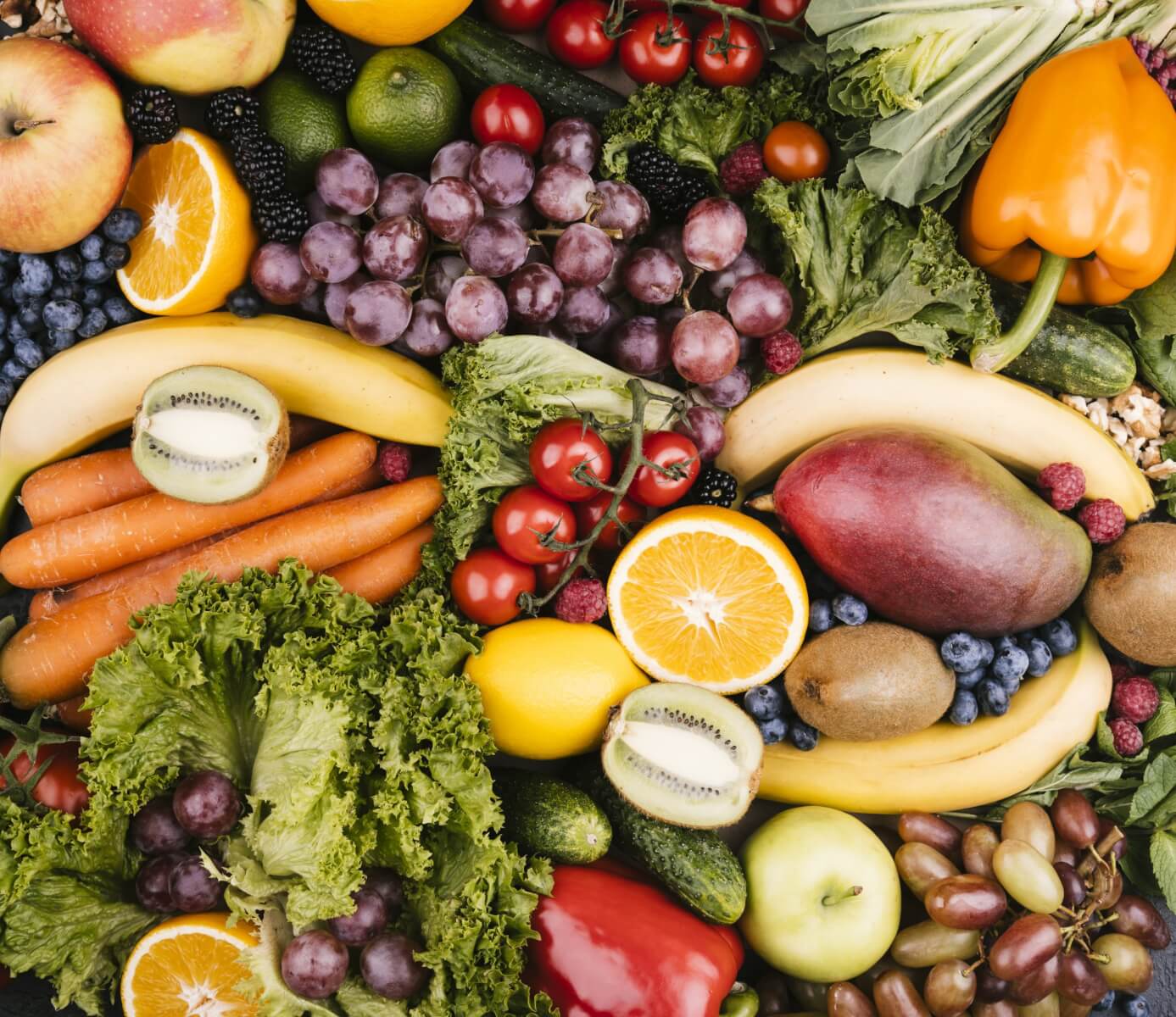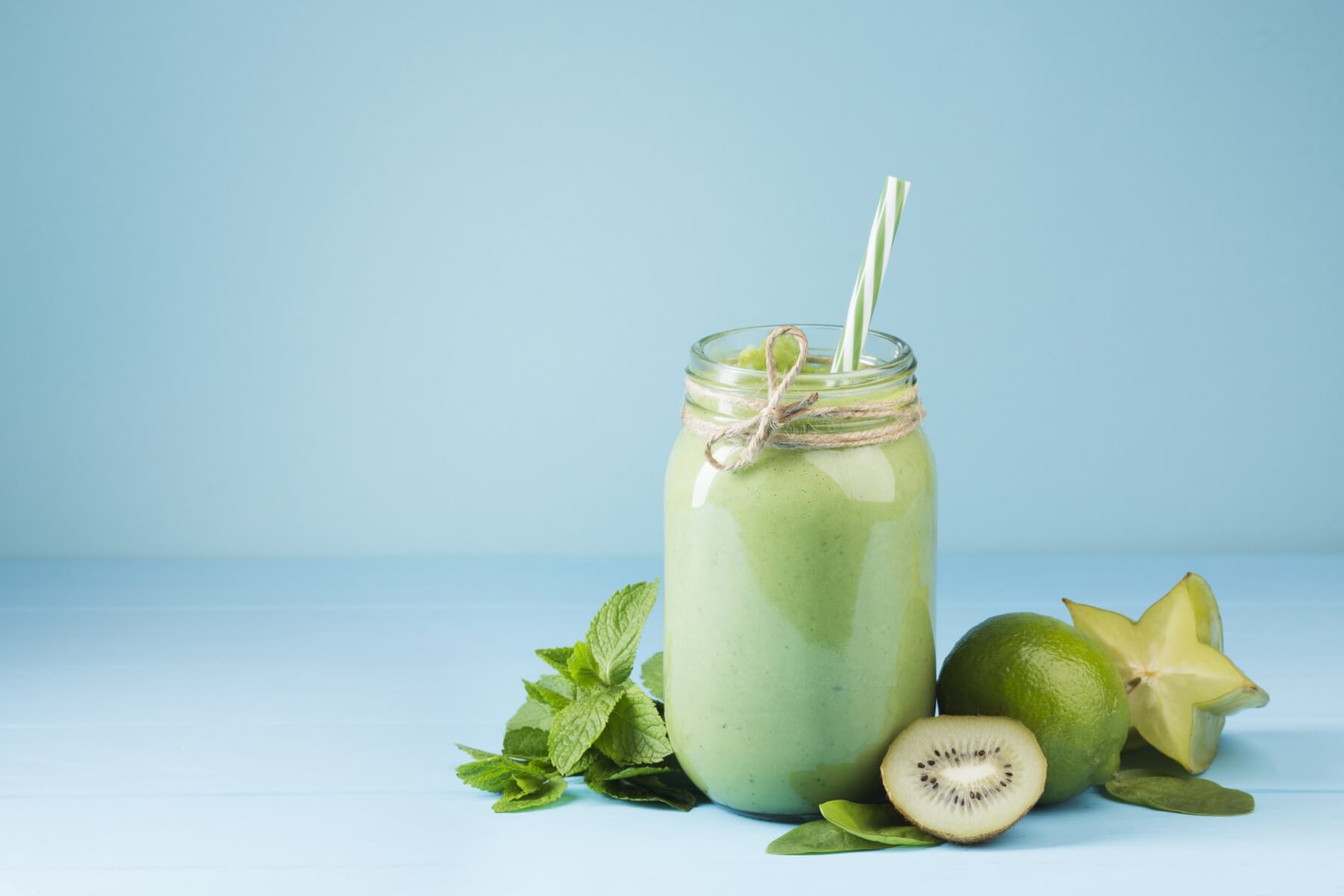1 – Grapefruit
Rich in vitamin C, grapefruit is loaded with antioxidant properties and contains a variety of flavonoids and terpenes, including naringenin. This compound is particularly useful when it comes to the liver. One study, published in the European Journal of Nutrition, found that the naringenin in grapefruit might help to prevent fatty liver disease by activating the chemical responsible for fatty acid oxidation.
While this evidence in promising, further research is still needed. However, considering the positive nutrients grapefruit contains and its capacity for fighting free radical damage, perhaps tucking into a bowl of grapefruit in the morning shouldn’t be the sole preserve of your grandparents!
2 – Beetroot
The health benefits of beetroot for inflammation and cardiovascular health are well-known and, like grapefruit, beetroot is also packed with antioxidants as well as high concentrations of nitrates which can help to support your brain health and lower your blood pressure. When it comes to your liver, beetroot can serve as a natural blood cleanser, helping to detox and remove heavy metals and toxins. This is primarily due to its content of glutathiones, a compound derived from betalains, which can help to cleanse the liver.
When it comes to the best way to include more beetroot in your diet, most sources seem to indicate that beetroot juice is the best way to go.
3 – Green tea
It’s thought that around 1 in 3 in the INDIA are suffering from the early onset of non-alcoholic fatty liver disease (NAFLD) so it’s definitely something you should be watching out for. This condition occurs when fat starts to accumulate in your liver, either as a result of your diet, rapid weight loss, high blood pressure or even certain medicines. It has few visible symptoms, but can increase your risk of developing diabetes and cardiovascular problems.
The good news is that, if it’s detected early, you can prevent NAFLD from getting worse and certain food products, like green tea, may be able to help. According to research, the antioxidants found in green tea, including catechins like EGCG and ECG can help to protect the liver from toxins and may even help to prevent the accumulation of fat.
4 – Turmeric
Turmeric, once merely known as vibrantly coloured spice, now lauded by all for its anti-inflammatory properties and multitude of health benefits. How does turmeric help the liver though? Well, once again, you can’t talk about turmeric without eventually mentioning curcumin, the compound responsible for the majority of turmeric’s health benefits.
Research supported by the Austrian Science Foundation, found that in animal studies, an extraction of curcumin was capable of protecting against liver damage, reducing scarring and even inhibiting cells in the bile duct from growing.5 This research was further supported in 2011 when turmeric supplementation was able to regulate the enzymes responsible for cholesterol metabolism.
However, it’s important to note that further research is still needed and, if you are considering taking a turmeric supplement, it might be worth speaking to your doctor beforehand. Unfortunately, turmeric is often poorly absorbed within the body and usually only 1% is absorbed through the digestive system.
5 – Oatmeal
If you know anything about oatmeal, you’ll be aware that it’s an excellent source of soluble fibre, helping to support your digestive health and maintain your energy levels throughout the day. However, oatmeal can also help to reduce unhealthy LDL cholesterol, which can be particularly useful for your liver, especially if you suffer from fatty liver disease.
This is because oatmeal can help to reduce the amount of cholesterol accumulating in the liver by slowing down the absorption of cholesterol into the blood. Impressive and another reason not to skip breakfast in the morning! Below I’ve included one of my favourite oatmeal recipes to get you started.
6 – Olive oil
The Mediterranean diet is thought to have a variety of health benefits and some of them derive from the prevalence of olive oil. Olive oil is a great source of healthy fats, antioxidants and anti-inflammatory properties, but recent research also indicates that this precious oil may help to reverse the health effects of a high fat diet.
One compound found in extra virgin olive oil, hydroxytyrosol, is believed to have potent antioxidant benefits that may help to support your liver health, even reversing signs of fatty liver disease. Of course further research in needed but so far the signs do look promising.
Nevertheless, moderation is key. Small amounts of healthy fats can be very beneficial for your liver, but too many can affect your production of bile and how other fats are digested – so don’t go drizzling olive oil over everything your mouth touches!
7 – Dark leafy greens
Parents are very fond of forcing their children to eat their greens and for good reason. Spinach, kale and arugula are bursting with antioxidants, vitamins and minerals and other properties that your liver loves, like chlorophyll. Chlorophyll is the green pigment that helps to give leafy vegetables their tell-tale colour, however, this green pigment can also help to cleanse your blood and remove impurities like toxic chemicals and metals which can overwhelm the liver.
Incorporating some more greens into your diet is never a bad idea, which is why I’ve shared some of my favourite recipes below to give you some inspiration.
8 – Garlic
Famous for its potent smell, garlic is commonly utilised in Italian dishes like bolognese and lasagne and, despite rumours that it can ward off the supernatural, garlic is more likely to protect your immune system from foreign pathogens and invaders. This is because the bulb contains a number of key compounds, including allicin, arginine and selenium.
Allicin is a natural antioxidant and anti-bacterial agent, while selenium is an important but often overlooked mineral with detoxifying properties. Added to these benefits are arginine, an amino acid that can help to relax your blood vessels – together these nutrients are believed to help reduce the build-up of fat in your liver and can help to reduce toxicity.
9 – Cruciferous vegetables
What do Brussel sprouts, broccoli and cauliflower all have in common? Well, they’re all considered to be a member of the cabbage family of vegetables, known as cruciferous vegetables. High in fibre, antioxidants, vitamins and minerals, this group of vegetables are excellent when it comes to promoting the health of your liver.
Not only can they help to reduce oxidative stress, they can also support the detoxification of enzymes and protect your liver from damage. This is because most of these vegetables contain glucosinolates that can help to filter and detoxify the blood and sulphur that can help to transport toxins out of the body and fight free-radical damage.
My advice if you intend on upping your intake of cruciferous vegetables? Don’t overcook them! Overcooking these vegetables can result in the loss of some of their nutritional benefits so light cooking only!
10 – Lemons
Lemons are always a popular part of any detox routine – you’ve probably heard of people kick-starting their day with a slice of lemon in warm water. But how exactly does this benefit your liver? Well this sour fruit is a natural antiseptic that’s rich in vitamin C, helping to remove impurities while protecting against free radical damage.
One study published in Clinical and Experimental Pharmacology and Physiology, identified that lemons contained a compound called naringenin. Naringenin is special because it can help to ease inflammation in the liver. So sipping on some lemon water might be a good idea if you’re looking to give your liver a boost!
11 – Almonds Nuts
Specially these are top assets of vitamin E, a nutrient that research indicates might also help protect against fatty liver ailment. Almonds are correct for your heart, too, so grasp a handful the following time you sense like snacking. Or strive them in salads, in which they upload a nice crunch.
12 – Spinach
Leafy greens have a powerful antioxidant called glutathione, that may help maintain your liver running right. And spinach couldn’t be less complicated to put together. It makes a high-quality base for a dinner salad, and it’s additionally delicious sauteed with garlic and olive oil. whilst it’s wilted, pinnacle it with a dusting of sparkling parmesan.
13 – Blueberries
They’ve were given vitamins in them known as polyphenols that may assist guard you in opposition to nonalcoholic fatty liver disease, which often is going hand in hand with weight problems and high cholesterol. If blueberries aren’t your aspect, other ingredients rich in polyphenols include dark chocolate, olives, and plums.
14 – Herbs and Spices
Want to guard your liver and your heart at the equal time? Sprinkle on a few oregano, sage, or rosemary. They’re a great . of healthful polyphenols. an extra advantage: they help you cut returned on salt in many recipes. Cinnamon, curry powder, and cumin are desirable ones to attempt, too.



